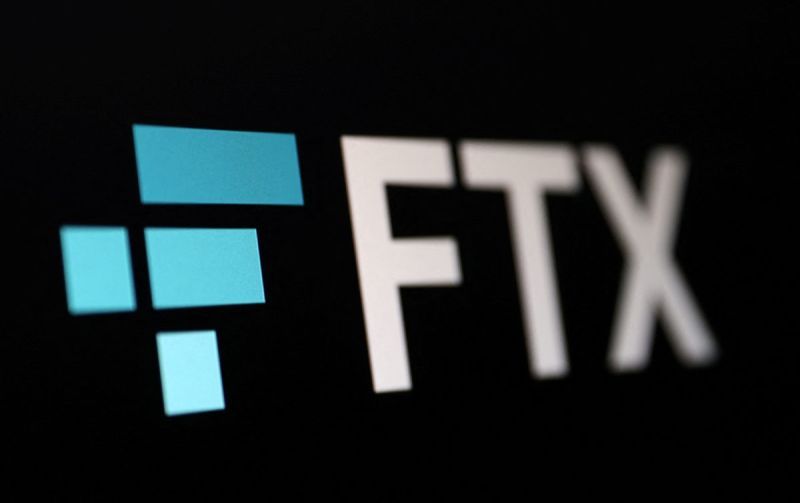Navigating complexity through scenario thinking: imagining a future for DPI
Stay up-to-date on trends shaping the future of governance.
“How can we stop going faster while our ability to see further ahead is decreasing?”
In today’s world of fast-evolving digital technology, it can be challenging to make informed decisions in complex fields like Digital Public Infrastructure (DPI). With the increasing speed of change, this question posed by Peter Senge and his co-authors in their 2008 book, Presence, remains relevant.
The question is applicable in any complex field in which information is limited and the interaction of feedback loops unknown. But DPI has complexity associated with fast-evolving digital technology compounded by public and private sector decisions about its deployment. No wonder the discussion surrounding DPI is filled with both optimistic expectations and valid concerns, from the potential to reduce inequality to the potential to enable dystopian surveillance and state control. The air of recent G20 meetings and World Bank spring meetings was saturated with claims about the promise of DPI and its perils.
How then are we to make sensible decisions in the midst of this complexity?
The most useful approach I’ve found for navigating complexity is scenario thinking. Scenario thinking is a disciplined approach to building plausible stories of potential futures (note the use of the plural, because there are always multiple paths to the future). A large part of distilling complexity down to more manageable levels is isolating the swing factors, or ‘key uncertainties’ in scenario language. The different possible outcomes of these will interweave to create rich stories, which, like good fiction, will likely have some unexpected twists and turns. These stories, or scenarios, are the backdrop against which to test how different choices may turn out. A robust strategy is one which yields the best outcomes across the widest range of scenarios but also identifies early warning indicators of major scenario shifts so that, where needed, the strategy can shift too. An important aspect of the scenario process is the way in which it helps participants build shared language and understanding, leading to new collaborations and actions to prevent unwanted outcomes.
The scenario-building process has now been applied in thousands of cases at the level of country and company strategies around the world. In many, it has led to remarkable shifts in perspective. For example, the complexity of climate change has launched a whole new range of scenario tools which unpack the possible range of implications for public and private strategists to build into their risk disclosures.
So how might scenario building apply to the nascent field of DPI?
Here’s one way. As I have discussed in other posts, DPI lacks a single accepted definition right now. I point out in the white paper, “Is DPI a useful category or a shiny new distraction?”, that the absence of a single monolithic definition may even be a good thing in the early stages of a field, as witnessed with the older acronym ‘ESG’. However, definitional choices carry consequences. Scenarios could help to answer a driving question like: “Which definitional parameters of DPI will most affect its developmental outcomes?” Layering the different choices about what type of DPI, and therefore whether to promote or protect or regulate it, on top of the fundamental forces driving digital and societal change would be a complex exercise to do well, to be sure. But, I believe, one worth doing. Because as Peter Senge reminds us, reaching actionable clarity is a worthwhile goal–but to get there, you need first to walk through the pit of complexity. Scenarios offer a path through the pit.
At Integral, we provide ESG Consulting advice, evaluation, facilitation, mentoring and coaching services to develop governance systems that fit your organization’s purpose and stage of growth. To explore further how we can help you,
read about our services, or
set up a free consultation.
S H A R E










